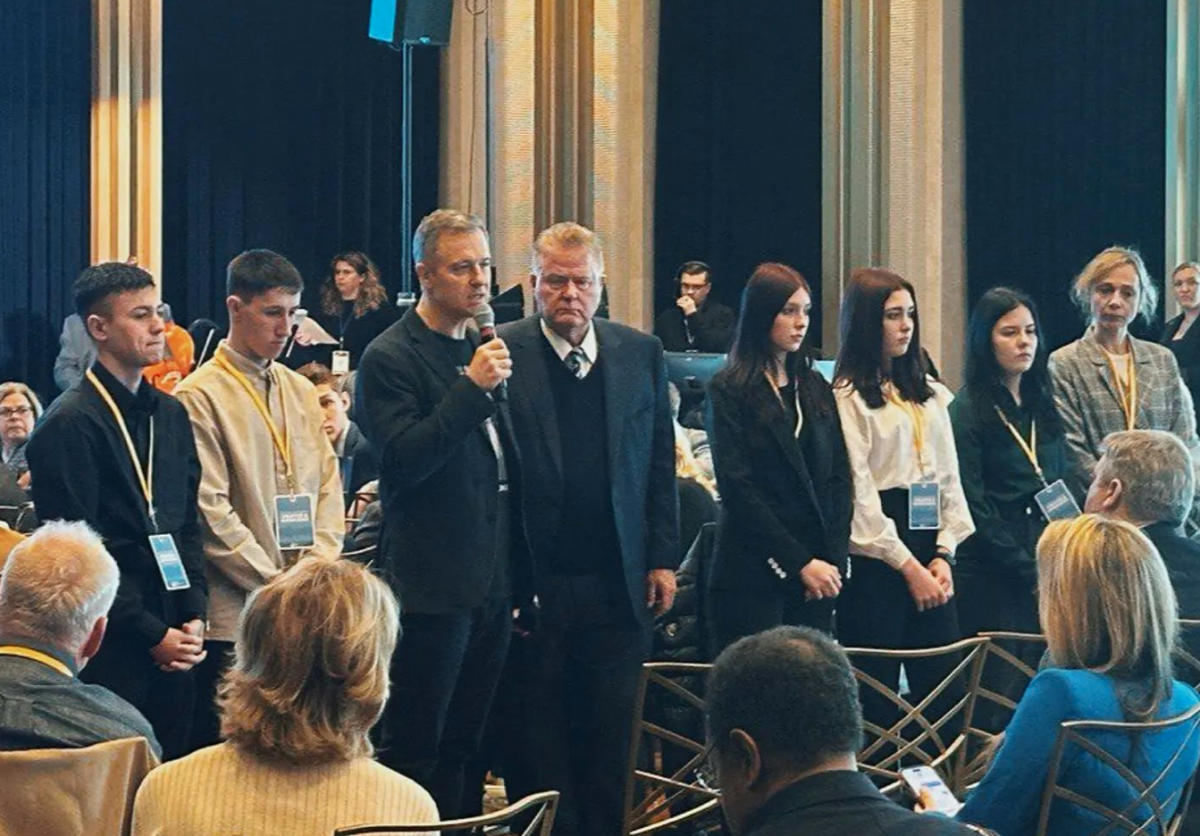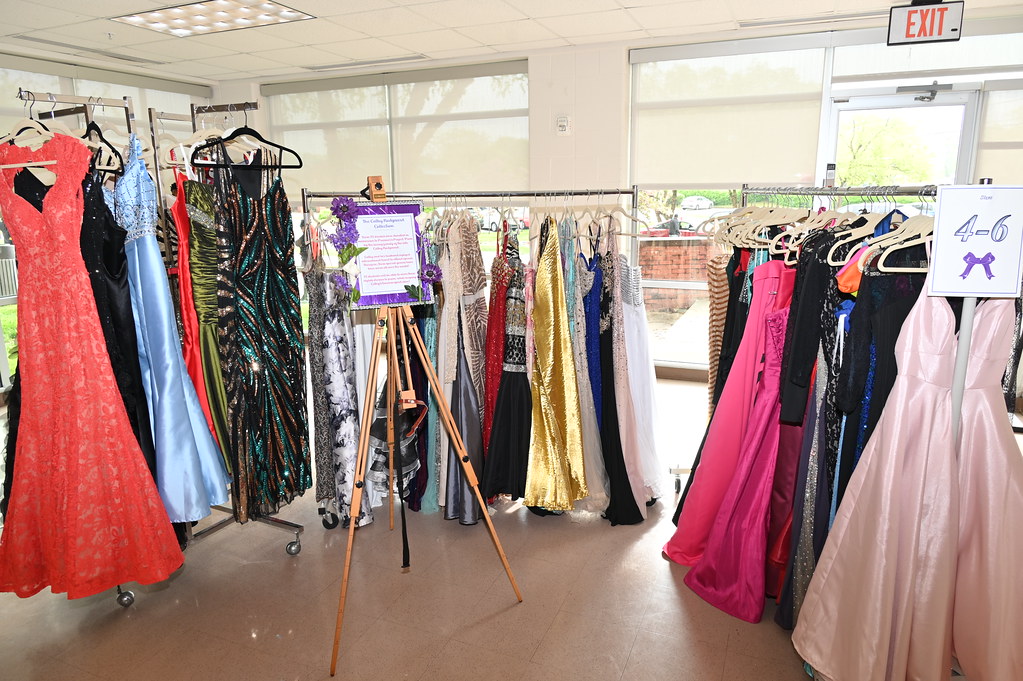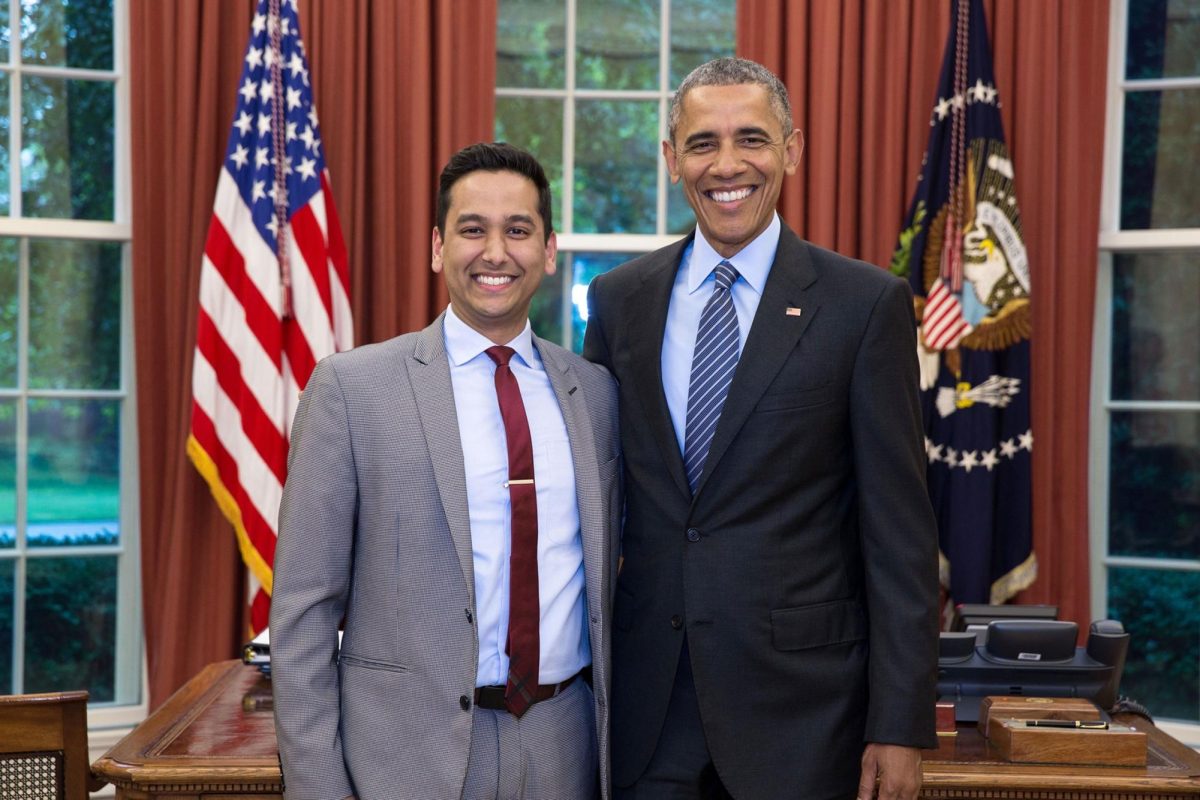Preparing for a college interview typically means fishing a suit out of your closet, neatly combing your hair and driving to the closest Starbucks. But how about checking your Internet connection?

More colleges and universities are taking advantage of new technology, such as video chat tools like Skype, to conduct interviews between students and admissions officers.
Admissions officers at the University of North Carolina Chapel Hill and Duke University held preliminary interviews for the Robertson Scholarship, a leadership and academic scholarship, via one-on-one Skype calls.
All students applying for the Robertson scholarship did their first round interview through Skype, but have an in-person interview if they make it to the next round.
“I thought it was strange because I didn’t have Skype, and I’d never heard of someone having a Skype interview,” said senior Llewellyn Smith, who interviewed for the scholarship with Duke. “I thought looking at a screen instead of a person could be awkward.”
The interviewer’s large black headphones and microphone took a little bit of time to adjust to, Smith said.
Video interviews also change the way students choose to dress. Some no longer feel a button-down shirt is necessary.
Senior Adam Goode, who also applied to Duke for the Robertson scholarship, wore casual school clothes during his video interview.
“Appearance isn’t very meaningful, as only a certain part of you is visible through the camera,” Goode said.
As opposed to interviewing in-person at a local coffee shop, students doing Skype interviews have some additional flexibility and choose where they want to sit with their computer. Interviewees often choose a room based on the location in their home with the strongest internet connection or where they feel most relaxed.
“I decided to do the interview at the dining room table with a plain white wall behind me,” Smith said. “I didn’t want to be too comfortable, and I didn’t want the interviewer to be distracted by a kitchen or leaves in the backyard behind me.”
An increasing number of students have been doing video interviews for Wake Forest University since the university provided the option in 2008, associate director of admissions Kevin Pittard said.
“We have been very happy with the quality of the webcam interviews,” Pittard said. “We wanted to be sure that the cost of an on-campus visit would not prevent someone from having a face-to face interview — even if the faces were on a webcam.”
Other than occasionally having to repeat some phrases due to audio glitches, Smith said the tone and questions in the video interview were similar to an in-person interview.
“I would still prefer the old-fashioned local alumni interview better than video, because it’s more comfortable,” Smith said. “But using technology is much more convenient than having to travel to Duke or having it over the phone.”
Without the close proximity, Goode said it was a little difficult to connect to the interviewer.
“The interview felt somewhat distant,” Goode said. “It’s more difficult to demonstrate your personality and the way you react in social circumstances.”
Other students said having a video interview made the stressful experience more comfortable.
“I could have my resume, notes and questions right in front of me,” said senior Jennifer Farivari, who applied to Wake Forest University. “There isn’t as much pressure as there is face-to-face.”
Some colleges also use other video options to enhance the application process. Students at schools like Tufts University have the option of submitting a video essay in addition to the application’s written essays .
An increasing number of businesses across the country have also begun using video applications this year, said Lauren Boughton, producer at the Masie Center, a company that explores the intersection between learning and technology.
“With travel budgets limited or even cut in some organizations this year, video applications are a solution to bring people together without having to spend money,” Boughton said.











